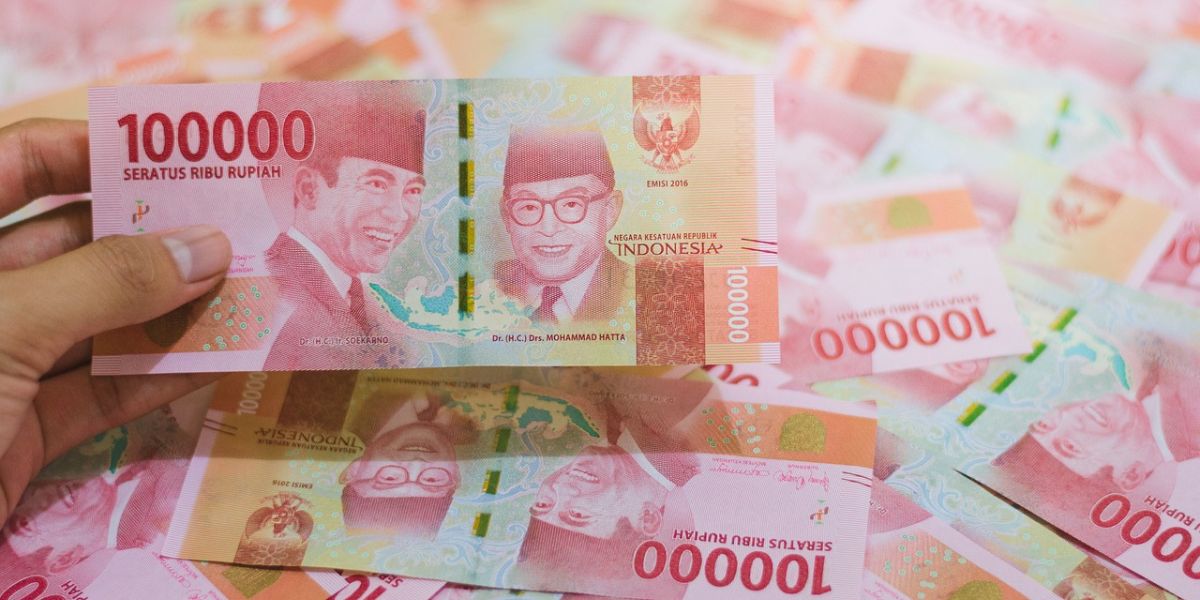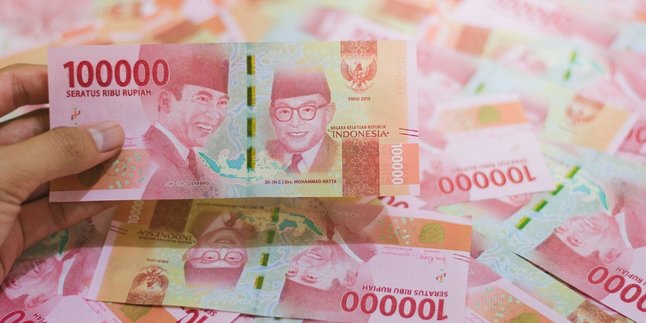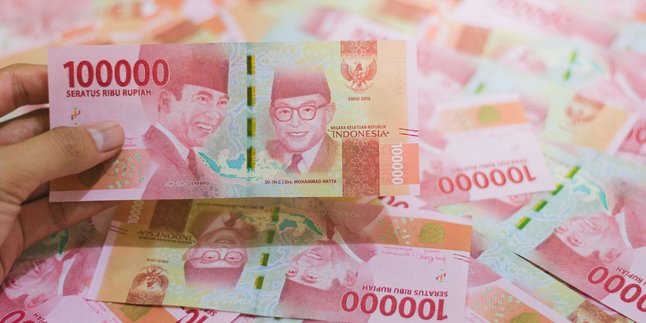Kapanlagi.com - The State Organizer's Wealth Report (LHKPN) is not just an ordinary document, but a crucial tool created to combat the practices of Corruption, Collusion, and Nepotism (KKN) in the country. By requiring state officials to report their wealth periodically, LHKPN ensures transparency and accountability in governance.
This system is under the supervision of the Corruption Eradication Commission (KPK), which is committed to maintaining the integrity of public officials while building public trust in the government. According to Law Number 28 of 1999 concerning Clean State Administration, every state organizer must submit a wealth report that includes personal data, income, expenses, and other assets. Not only that, officials who neglect this obligation will face administrative sanctions, encouraging them to comply and be transparent.
Interestingly, LHKPN reporting also applies to candidates for state organizers, such as presidential candidates, vice-presidential candidates, and regional heads. This is an important step to assess their integrity and commitment to transparency before they take office. Thus, LHKPN serves as an effective oversight instrument, maintaining the integrity of public officials and minimizing the potential for corruption.
Let's delve deeper into LHKPN and its role in creating a clean and trustworthy government, as reported by Kapanlagi.com from various sources, Friday (3/1).
1. Understanding LHKPN and Its Legal Basis
LHKPN, or the State Officials Wealth Report, is a crucial step in maintaining the integrity and transparency of the government in Indonesia. Through this report, state officials are required to disclose in detail the wealth they possess, both movable and immovable assets, as well as the wealth of their spouse and dependent children.
The purpose is clear: to ensure that every state official is accountable for maintaining public trust and preventing potential abuse of power.
According to Law No. 28 of 1999 and Law No. 30 of 2002, LHKPN must be reported at important moments—when first appointed, annually, and after the term of office ends—as part of the commitment to monitor changes in wealth that occur during the performance of state duties.
2. Who is Required to Report the LHKPN?
The Wealth Report of State Officials (LHKPN) is an unavoidable obligation for state organizers who have a strategic role in governance, ranging from executive, legislative, to judicial officials.
Those included in this category are high-ranking state officials, ministers, governors, judges, as well as leaders in state-owned enterprises (BUMN) and regional-owned enterprises (BUMD), such as directors and commissioners.
Not only that, those involved in financial affairs, such as auditors and tax inspectors, are also required to report their wealth.
This step aims to ensure accountability and prevent the abuse of authority that can harm the state. In fact, candidates for public office such as presidents and regional heads must also report the LHKPN before running for office, as part of the integrity and transparency assessment process that is very important in the eyes of the public and supervisory institutions.
3. The Role of LHKPN in Corruption Prevention
LHKPN, or the Report on State Officials' Wealth, plays a crucial role in maintaining government integrity by serving as a guardian of transparency and preventing the abuse of power.
This system not only monitors changes in the wealth of state officials during their term but also conducts regular reporting and strict audits to uncover discrepancies or suspicious wealth surges.
With the existence of LHKPN, the public can feel assured, as the public officials they elect are required to meet ethical and legal standards, thereby increasing trust in a clean government.
As part of anti-corruption efforts, LHKPN also collaborates with the KPK to oversee potential violations and take strict action against officials who violate, including the imposition of administrative sanctions and in-depth investigations if reports are inconsistent.
4. Sanctions for Those Who Do Not Report LHKPN
State officials who violate the obligation to report LHKPN will face administrative sanctions in accordance with Law No. 28 of 1999, ranging from written warnings to postponement of promotions, and even dismissal from office for serious violations.
However, it does not stop there; non-compliance in this reporting can also trigger more in-depth legal processes if there are indications of assets obtained illegally, which could lead to investigations by the KPK and criminal corruption charges.
This strict regulation is not only to enforce discipline among officials, but also to instill awareness of the importance of transparency as an ethical foundation in public service.
5. What is LHKPN?
LHKPN, or State Officials Wealth Report, is a crucial step that must be taken by state officials to maintain integrity and prevent corrupt practices.
6. Who is required to report LHKPN?
All executive, legislative, and judicial officials, as well as leaders of state-owned enterprises (BUMN/BUMD) and candidates for public office are now required to report their activities.
7. What is the deadline for submitting LHKPN?
Every year, the reporting must be completed no later than March 31, referring to data taken as of December 31 of the previous year.
8. What are the sanctions for those who do not report LHKPN?
The sanctions imposed include a series of strict actions, ranging from official reprimands, delays in promotions, to dismissal from office. Moreover, if necessary, legal investigations will also be conducted to ensure justice is upheld.
(kpl/rmt)
Disclaimer: This translation from Bahasa Indonesia to English has been generated by Artificial Intelligence.












